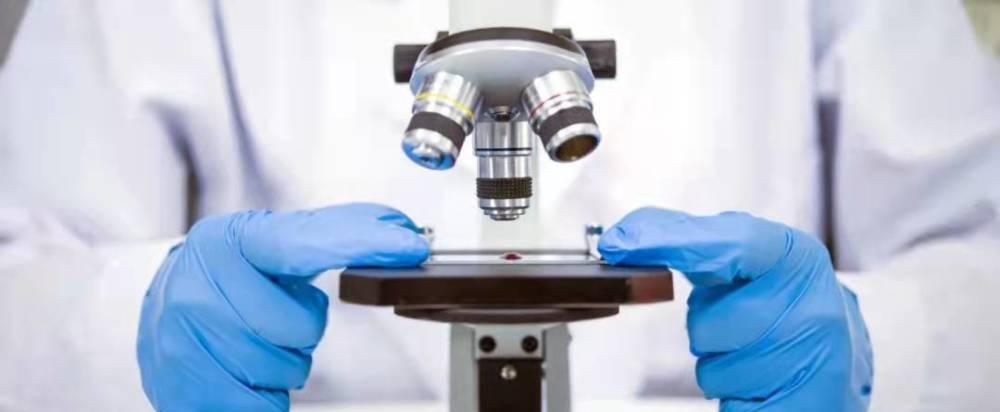
Pfizer today announced that Zejiemei (generic name: Suglizumab injection, English name: Cejemly) has been approved by the State Drug Administration of China. Zejiemei is a PD-L1 antibody drug with a unique dual mechanism of action, combined with pemetrexed and carboplatin for epidermal growth factor receptor (EGFR) gene mutation negative and anaplastic lymphoma kinase (ALK) negative metastatic non-squamous non-small cell lung cancer (NSCLC) patients first-line treatment, as well as combined with paclitaxel and carboplatin for the first-line treatment of metastatic squamous NSCLC patients, bringing a major breakthrough in the field of lung cancer immunotherapy, meeting the domestic scaly, The urgent clinical needs of patients with non-squamous non-small cell lung cancer.
Photo caption: In November 2021, Zejiemei (Schugliumab injection) was exhibited for the first time at the Pfizer booth of the 4th China International Import Expo
Win-win cooperation benefits more Chinese cancer patients
Although innovative drugs and therapies in the field of lung cancer diagnosis and treatment are emerging in an endless stream, they still face many medical problems that need to be solved urgently, which require the in-depth participation of all parties in the industry to jointly promote the development of the field.
"Thanks to the implementation of the Chinese government's policy of encouraging innovation and the ingenious clinical trial settings of domestic scientists, Zejiemei has become the first approved drug in the innovation strategic cooperation between Pfizer and Chinese innovative pharmaceutical companies." With more than 30 years of commercialization capabilities in China, Pfizer has ensured that it will accelerate the introduction of Zejiemei to Chinese patients. Peng Zhenke, President of Pfizer Biopharmaceutical Group China, stressed: "The approval of Zejiemei will further enrich the domestic product portfolio of Pfizer's lung cancer field, and with the dual help of precision targeted therapy and immuno-oncology treatment, Pfizer will implement the concept of 'Science Wins And Overcome Cancer', continue to integrate global resource advantages and China's scientific innovation capabilities, and work with all parties in the industry to help achieve the goal of 'Healthy China 2030'." ”
Science helps a new breakthrough in the diagnosis and treatment of lung cancer immuno-tumor
The latest global cancer burden data released by the World Health Organization's International Agency for Research on Cancer (IARC) in 2020 shows that lung cancer incidence and mortality rates rank second and first in the world' cancer rankings, respectively. The 2019 National Cancer Report released by China's National Cancer Center shows that lung cancer has the highest incidence and mortality rate in China, bringing a serious burden of disease, of which non-small cell lung cancer accounts for about 80-85% of all lung cancers, and its impact should not be underestimated. With the acceleration of population aging, the incidence of malignant tumors in China has maintained an annual increase of 3.9%, and it is expected that the new cases of lung cancer in China will increase by 60% in 2040, which seriously threatens the social economy and people's health.
With the development of medicine and the development and application of targeted drugs, the prognosis of the treatment of gene-positive lung cancer patients has been greatly improved, and the chronic disease management model has been entered. In recent years, when tumor therapy has entered the era of immunity, as a high proportion of inflammatory hot tumors, patients with non-small cell lung cancer can benefit more from immunotherapy. With the clinical application of immune checkpoint drugs, especially PD-1/PD-L1 inhibitors, the prognosis of non-small cell lung cancer that drives gene-negative has also improved dramatically. Among them, immunocommune combination chemotherapy has become the standard treatment plan for non-small cell lung cancer patients who drive genes negative, bringing new treatment options and hopes to many tumor patients in China.
Professor Zhou Caicun, principal investigator of GEMSTONE-302 and director of the Department of Oncology of Shanghai Pulmonary Hospital affiliated to Tongji University, pointed out: "Zejiemei's unique preservation of antibody-dependent cell-mediated phagocytosis (ADCP) effect, activation of macrophages to play anti-tumor effect, the efficacy advantage brought by the dual mechanism is significant, whether for squamous or non-squamous advanced non-small cell lung cancer, can prolong the patient's progression-free survival (PFS), Among them, the risk of disease exacerbation in patients with squamous cell carcinoma group decreased by 66%. At the same time, Zejiemei is a fully humanized monoclonal antibody PD-L1, which is safe and reliable, and can bring better survival benefits to patients. ”
Author: Zhu Wei
Editor: Xu Jinghui
Editor-in-Charge: Rong Bing
*Wenhui exclusive manuscript, please indicate the source when reprinting.